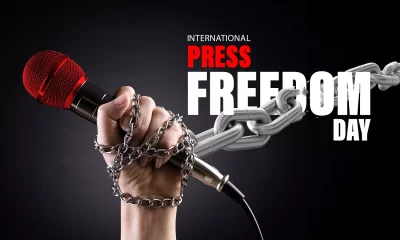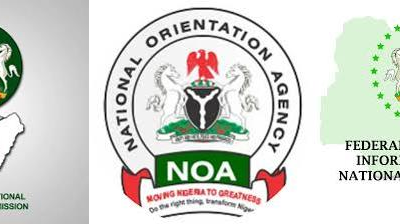President Muhammadu Buhari has written to the Nigerian Senate on his decision to decline assent to the Electoral Amendment Bill, 2018.
According to the president,signing the bill will, “create some uncertainty about the applicable legislation to govern the process.”
The letter was read by Senate President, Dr Bukola Saraki during plenary on Tuesday, December 11.
Part of the letter read: “I am declining assent to the Bill principally because I am concerned that passing a new electoral bill this far into the electoral process for the 2019 general elections, which commenced under the 2015 Electoral Act, could create some uncertainty about the applicable legislation to govern the process.
“Any real or apparent change to the rules this close to the election may provide an opportunity for disruption and confusion in respect of which law governs the electoral process.
“This leads me to believe that it is in the best interest of the country and our democracy for the National Assembly to specifically state in the Bill, that the Electoral Act will come into effect and be applicable to elections commencing after the 2019 general elections.
“It is also important for the following drafting amendments to be made to the bill:
“a. Section 5 of the bill, amending section 18 of the principal act should indicate the subsection to which the substitution of the figure ’30” for the figure “60” is to be effected.
“b. Section 11 of the bill, amending Section 36 should indicate the subsection in which the provision is to be introduced.”
President Muhammadu Buhari had last week, for the fourth time withheld his assent to the amendment bill, citing legal drafting errors.
Meanwhile, Senator Ovie Omo-Agege, representing Delta central, has said the ECOWAS protocol on democracy and good governance forbids President Buhari from signing the Electoral Act (Amendment) Bill.
According to him, Article 2 of the protocol forbids member countries from making “substantial modification” to their electoral laws less than six months to elections “except with the consent of a majority of political actors.”
Omo-Agege, who is a staunch supporter of the president, noted that with the elections less than three months away, signing the bill would violate the ECOWAS instrument.

 Comments and Issues7 days ago
Comments and Issues7 days ago
 Education1 week ago
Education1 week ago
 Comments and Issues1 week ago
Comments and Issues1 week ago
 Energy1 week ago
Energy1 week ago
 Comments and Issues6 days ago
Comments and Issues6 days ago
 Comments and Issues6 days ago
Comments and Issues6 days ago
 Football1 week ago
Football1 week ago
 Football1 week ago
Football1 week ago
